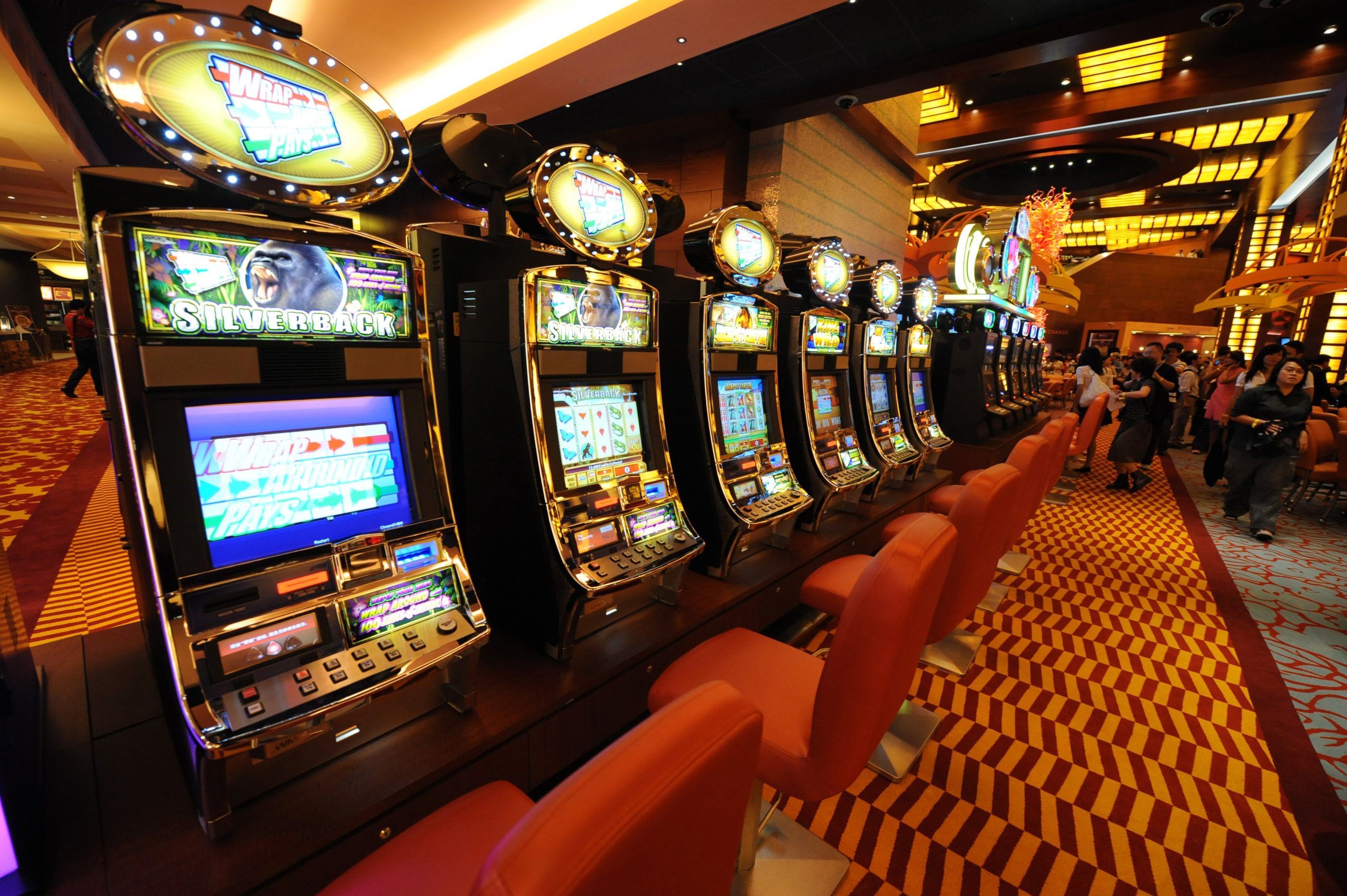Proponents of casinos often point to local unemployment rate decreases as evidence that casinos create jobs. To get an accurate picture, however, one should compare changes between locations with statewide changes in unemployment rates for an accurate picture.
Responsible gambling initiatives provide tools that combat the addictive nature of gambling by setting deposit limits, time out sessions and self-exclusion measures. Not just problem gamblers should utilize these measures; all players should do.
Payout percentages
Gambling can be an entertaining way to spend money, but it can quickly become addictive. Compulsive gambling can lead to severe financial losses as well as emotional trauma for gamblers – as well as creating other issues such as lack of family and social bonds. For this reason, the industry needs to adopt a responsible gambling approach in order to minimize harm.
Responsive gaming requires taking control of your gambling habits, limiting spending, controlling emotions, practicing self-control and forgoing drugs or alcohol while gambling to help avoid addiction issues and problems. Being aware of spending habits – particularly those related to online casinos – and being prepared for potential losses is key when engaging in responsible gaming.
Payout percentages provide a helpful measure for gauging the profitability of slot machines, but they don’t tell the whole story about a game’s profitability. For instance, one casino could boast an exceptionally high payout percentage but still have an extremely low house edge; meaning they earn more money from player wagers than they pay out as winnings!
Many gambling operatorss have implemented responsible gambling programs, including self-exclusion plans that enable patrons to voluntarily opt-out of gambling establishments and training for employees of gambling establishments. Unfortunately, however, such initiatives do not address the problem of gambling addiction effectively.
Bonuses
Gambling can be an enjoyable form of entertainment, but it can quickly turn into a serious financial drain if people gamble more money than they can afford to lose. Responsible gambling involves acknowledging and managing the risks involved with gambling by setting time and financial limits – whether online or at a physical casino. Setting these boundaries and adhering to them are keys components to long-term success with gambling.
While most casino-goers do not experience gambling problems, a small minority does. That is why the gaming industry must advocate for responsible gambling. Responsible gambling programs raise awareness about its dangers while helping patrons set limits and take breaks when necessary. Furthermore, they support research initiatives as well as offer information regarding treatment options.
Establishing responsible gambling policies and programs at casino establishments/facilities as well as supporting government-industry initiatives could help lower the incidence of pathological gambling among New Yorkers, thus mitigating any detrimental health or wellbeing effects caused by it. This would protect New Yorkers’ wellbeing.
Regulations
Although gambling can be an enjoyable pastime, it can also be potentially risky and hazardous for some players. Therefore, responsible gaming should be practiced by all. One effective way to do this is setting limits on both how much money can be spent and when to gamble – this will help prevent gambling addiction which could cause financial and personal strain.
Gambling regulations are an essential component of responsible gambling, and must be respected by all operators. State gaming commissions work hard to regulate gambling while keeping it enjoyable for all players, providing various tools and resources such as self-exclusion, access limiting and loss limits to educate gamblers about potential risks associated with the sport.
These regulations aim to protect players and ensure the gambling industry takes responsibility for any misdeeds committed during its operations. The government is working towards strengthening these regulations, including introducing a new statutory gambling levy and reviewing existing horserace betting levy levies.
Before gambling online, it is essential that you gain an understanding of the regulatory structure in your country. Laws vary between states but generally, gambling must begin after reaching 21 years old. Anyone found gambling underage could face fines and may lose privileges such as their driver’s license.
Legality
Casino gambling was once taboo in America, yet today it has become one of the most beloved forms of entertainment for millions. States have legalized it and casinos are growing quickly as a result. But not everyone finds gambling appealing and players must understand its risks before engaging. While most gamblers play casually for fun purposes only, some become hooked and spend more than they can afford on gaming – in these instances professional therapy should be sought or contact made to their local gambling addiction support group for guidance and support.
Most casinos implement responsible gambling initiatives that are mandated by state regulators, such as self-exclusion lists that allow problem gamblers to exclude themselves from casinos; these programs should be combined with additional treatment methods to be more effective. Another aspect of responsible gambling includes alcohol limits which prohibit those under the influence from entering casinos – an essential step taken to protect customers while encouraging responsible behavior from their customers.
Casinos also have a positive effect on local employment; however, their effect can either reduce unemployment or increase it depending on whether they attract tourists from outside the region and where revenue goes; if casinos boost tourism and local retail sales then unemployment should decrease as a result.





